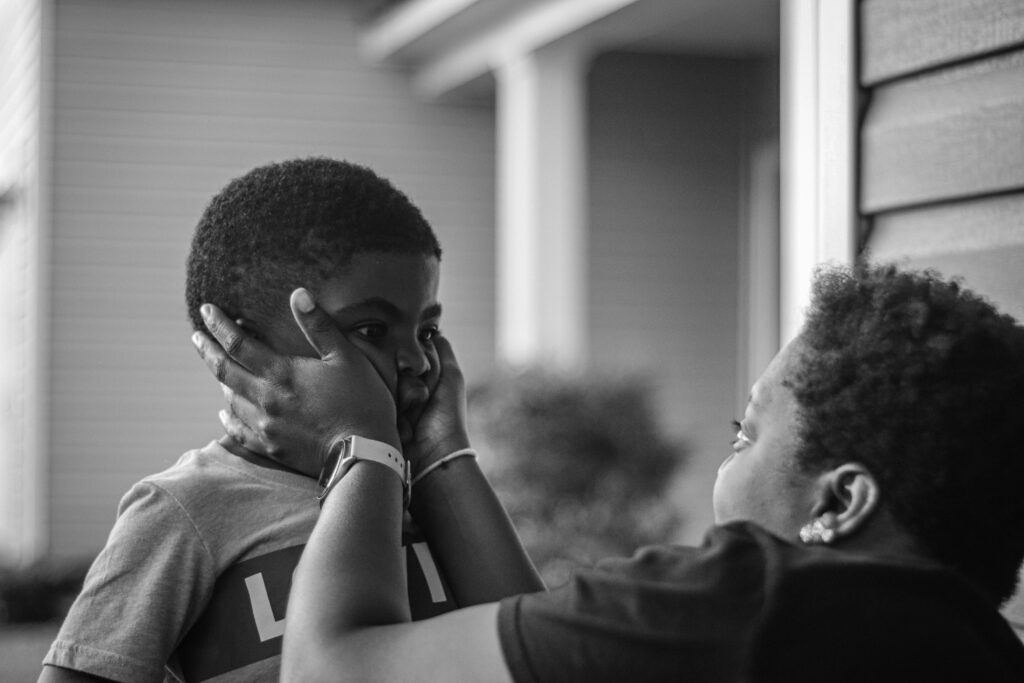Navigating family transitions can be a challenging time for both parents and children. As a parent, I understand the importance of supporting my child’s mental health during these periods of change.
Whether it’s a divorce, a move, or any other significant family transition, it’s crucial to be mindful of the impact it can have on our children’s well-being. In this article, I’ll share valuable insights and practical tips on how to help your child cope with these transitions in a healthy way.
By fostering open communication, providing reassurance, and creating a sense of stability, we can support our children through these changes and help them build resilience for the future. Join me as we explore effective strategies to prioritize our children’s mental health during challenging family transitions.
Understanding the Impact of Family Transitions on Children’s Mental Health
Exploring the effects of family transitions on children’s mental health is crucial in navigating challenging times. As a parent, I see firsthand how divorce, relocation, or other significant changes can profoundly influence a child’s well-being.
Adapting to new family dynamics or adjusting to a different environment can create stress and emotional turmoil for children. It’s essential to recognize the impact of these transitions to provide the necessary support and help them thrive.
Recognizing Signs of Mental Health Issues in Children During Family Transitions
Behavioral Changes to Watch Out For
- Children may exhibit sudden changes in behavior, such as increased temper tantrums, aggression, or withdrawal.
- They might start showing changes in their eating or sleeping habits, like loss of appetite or difficulty falling asleep.
- Pay attention to any decline in academic performance or loss of interest in activities they used to enjoy.
- Look out for signs of anxiety, such as excessive worrying, restlessness, or fearfulness in new situations.
- Children may experience a range of emotions during family transitions, including sadness, anger, confusion, or feelings of abandonment.
- They might struggle with expressing their emotions verbally and instead manifest them through physical complaints like stomach aches or headaches.
- Some children may become more clingy or seek constant reassurance from caregivers to cope with the changes.
- Keep an eye out for any signs of depression, such as persistent feelings of sadness, hopelessness, or disinterest in previously enjoyable activities.
Implementing Strategies to Support Your Child’s Mental Health
I believe that establishing a supportive environment and promoting open communication are crucial steps to safeguarding your child’s mental well-being during family transitions. Here are essential strategies to help your child navigate these challenges effectively.
Open Communication and Supportive Environment
Ensuring open communication channels within the family setting is vital for your child’s mental health. By fostering an environment where your child feels comfortable expressing their thoughts and emotions, you create a safe space for them to communicate their concerns.
This open dialogue allows you to address any anxieties or uncertainties your child may have, helping to alleviate their stress and promote emotional resilience. Additionally, offering continuous support and understanding reinforces your child’s sense of security during times of change.
By actively listening to their feelings and experiences, you can provide the reassurance and guidance they need to adapt to new circumstances confidently.
Seeking Professional Help When Necessary
When supporting your child’s mental health during family transitions, it’s essential to recognize that professional help may be needed in some situations. As a parent, I understand that there are times when outside guidance and expertise can significantly benefit a child facing emotional challenges.
If you notice persistent or severe signs of distress in your child, such as prolonged sadness, intense anxiety, or behavioral changes impacting their daily life, seeking help from a mental health professional is crucial. I recommend consulting with a child psychologist, therapist, or counselor who specializes in working with children and can provide tailored support based on your child’s unique needs.
Remember, it’s okay to seek help beyond what you can offer as a parent. Mental health professionals have the training and experience to assess your child’s emotional well-being accurately and develop effective strategies to help them navigate difficult transitions.
By taking this proactive step, you demonstrate your commitment to prioritizing your child’s mental health and well-being during family changes. In challenging times, reaching out for professional support not only benefits your child but also empowers you as a parent to make informed decisions and access valuable resources to assist your child effectively.
Remember, seeking help when necessary shows strength and proactive parenting, ensuring that your child receives the comprehensive care they need to thrive during family transitions.




